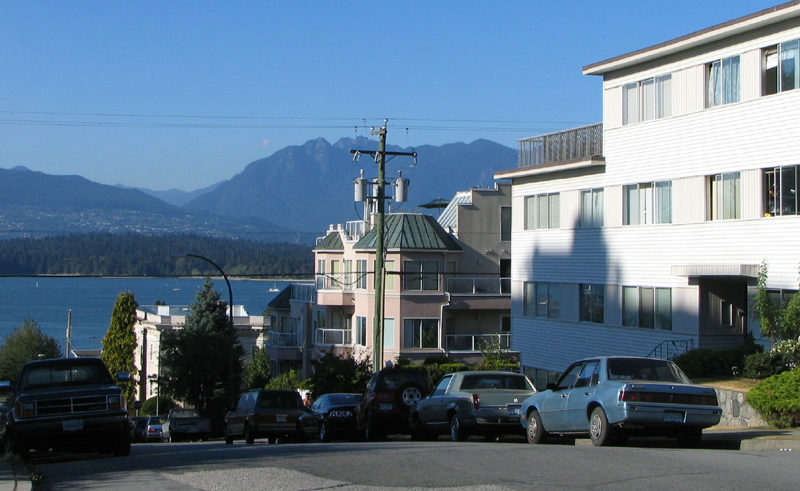
May 16, 2021: Councillor seeks to drastically increase height and density of social housing citywide
Less than a month after Vancouver City Council cleared the way for non-profits and co-ops to increase the height of buildings from four to six storeys in select areas of Vancouver neighbourhoods including Kitsilano, Councillor Christine Boyle is now calling on Council to triple the original zoning to 12 storeys with expanded FSR (floor space ratio) in every Vancouver neighbourhood.
Boyle’s motion, Reducing Barriers and Deepening Affordability for Non-Profit, Co-op and Social Housing in Every Neighbourhood, is a direct response to the dissatisfaction expressed by developers, non-profit operators and pro-housing groups with Council’s previous decision to stop at six storeys. At the April 20, 2021 public hearing, those groups called for greater height increases from 10 to 12 storeys.
Cllr. Boyle is an ardent proponent of affordable housing and increasing densification in the city. In her push to get housing built faster, her new motion removes the requirement for individual public hearings in all neighbourhoods.
Dropping requirements for public hearings is something Boyle spoke out about following a protracted public hearing on the redevelopment at 4th and Balaclava that lasted over three days.
UKRA and our sister neighbourhood associations are deeply troubled by Cllr. Boyle’s new motion, up for debate at Council’s May 18, 2021 meeting that starts at 9:30 am.
We question the move to squeeze more and more people into increasingly smaller units. This warehousing of people into increasingly smaller units in order to “deepen affordability” has negative effects on liveability, and can create a host of unintended consequences.
Would this motion add or remove affordable housing? The motion will likely see the potential destruction and waste of many existing, spacious, affordable three-and four-storey apartments built from the 1970’s to the 1990s, and the eviction of hundreds of tenants who may not find comparable rents in new housing. What’s more, these residents will no longer have the opportunity to express their views. Cllr. Boyle notes there are currently about 526 non-profit and government-owned housing properties in Vancouver, serving 26,000 households, many of which could be demolished and replaced with new housing. New housing raises the value of the land — which means higher rents — despite the City’s claims that it does not.
The motion contravenes the City’s own Green Plan. According to the Green Plan, the City is committed to preventing waste of all kinds. The City, the plan states, is also committed to “repairing and maintaining products and materials to extend their lives,” and “keeping pollution out of the environment.”
The City’s definition of “social housing” is still extremely misleading. To qualify as social housing, 100% of a building must be owned and operated by a non-profit, but only 30% of units need be “affordable.” Affordable means that households making less than $50,000 can qualify for social housing. Over time this increases to $84,000. However, those in the lowest income bracket (less than $30,000) make up a small percentage of the mix. The remaining 70% of units are market rental.
This disingenuous definition allows developers to unfairly qualify for incentives such as additional height and density as well as enormous development cost levy exemptions.
We oppose the removal of individual public hearings. This may be the most crucial issue of all. As we told you in our last letter, curtailing public input is both undemocratic and disrespectful to residents who should have a say in the development of their neighbourhoods. Despite Cllr. Boyle’s reassurances that public engagement would still be available, in our experience the City has been moving to restrict, not increase, meaningful conversations with citizens on a whole range of issues. In-person open houses have largely been replaced by the City’s narrowly-focused Shape Your City online form. If you read to the very end of the motion, Cllr. Boyle is pushing for withdrawing the requirement for public hearings on all social housing and incorporating this into both the Broadway and Vancouver Plans.
That means in a single vote, an entire stretch of a street or a whole neighbourhood could be rezoned without bothering to distinguish among very different buildings presently standing.
Photo: Flying Penguin



No Comments